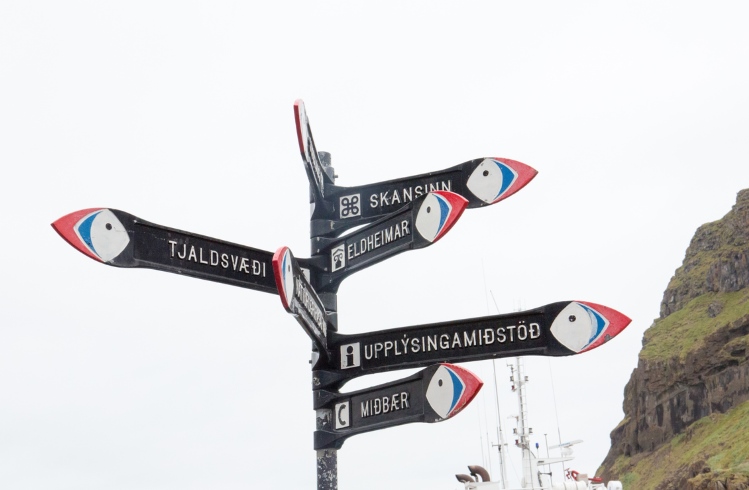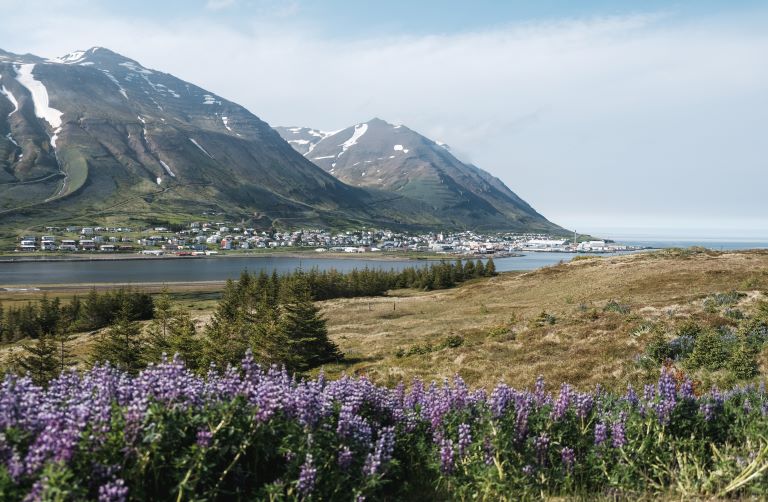Icelandic Pronunciation Guide
The Icelandic language may look like a series of tongue-twisters, but with these tips you’ll be rattling off daunting words like Eyjafjallajökul in no time.
 Photo © iStock/Jodi Jacobson
Photo © iStock/Jodi Jacobson
Iceland is an isolated country and its language has stayed pure and close to its roots – it’s the closest you can get to Old Norse. Today many Icelanders speak English, but it’s always nice to be able to pronounce place names properly and fun to know appropriate phrases for the occasion.
Pronunciation
Most consonants in Icelandic are pronounced similarly to English. Accent marks over vowels change their sound, usually from short to long.
a as in car, á as ou in shout
e as in bet, é as in ye in yet
i and y as bin, í and ý as ee in seek
o as the a in all, ó as ao in boat
u as u in under, ú as oo in toot
æ like i in ice
ö like u in fur
Þ, þ like th in thin
Ð, ð like th in thunder
ei, ey like ai in aide
ll (double L) pronounced tl
J like y in yes
R is rolled
hv pronounced kv
f in the middle of a word changes to a v
Accent always on the first syllable.
Longer words look challenging but are most often smaller words strung together, like Eyjafjallajökull. Eyja-fjalla-jökull, island-mountain-glacier. Break up the words to make them easier to pronounce.
Useful Icelandic phrases
One charming phrase that doesn’t seem to have an equivalent in English is Takk fyrir siðast (pr: tahk fi-rir see-thast). It means “Thanks for the last time [we met].” Used when meeting a friend or friends one has spent time with recently.
Thank you can be an informal takk (thanks). Takk fyrir mig (thank you for me) is more formal, and a must when standing up from the table if someone has served a meal.
Cheers!: Skál (pr: scowl)
Yes: Já (pr: yow)
No: Nei (pr: ney)
Hello: Hae (pronounced as the English Hi) or Hallo.
Goodbye: Bless, often said twice.
Please is not used as frequently as in English. A request of viltu (will you) gives the equivalent of please.
Excuse me: Afsakið (pr: Av-sock-ith)
Where is the toilet? Hvar er klósettið? (pr: Kvar er kloe-set-tith?)
How much does it/that cost? Hvað kostar það? (pr: Kvath kostar thath?)
Related articles
Simple and flexible travel insurance
You can buy at home or while traveling, and claim online from anywhere in the world. With 150+ adventure activities covered and 24/7 emergency assistance.
Get a quote


No Comments